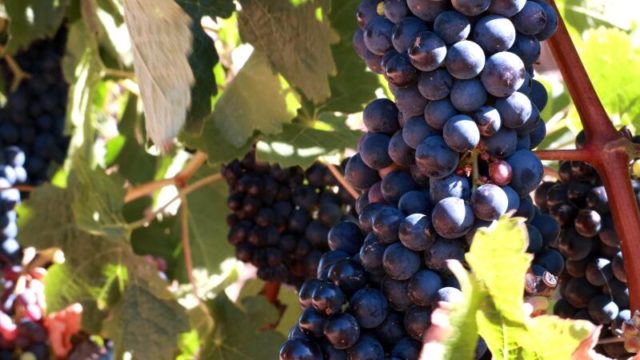First two alcohol bans resulted in closure of 80 wineries.
Cape Town – Despite the partial lift of the alcohol ban, a wine organisation is forging ahead with a court application to pre-empt the impact of future bans as the industry faces years of recovery from the financial blow.
Vinpro approached the Western Cape High Court on January 27, with an urgent application to lift the ban on the sale of alcohol and was due to have the matter heard this Friday.
However, after some restrictions were lifted and upon receiving legal advice, the organisation will now pursue an application that deals with possible future bans in the event of resurgence of the virus.
The organisation said they were now waiting for confirmation for a new expedited date from the government’s legal team to address the manner in which bans were implemented. They were seeking an order that would give the Premier of the Western Cape the power to adopt deviations to enable off- and on-consumption sale of liquor in the province. Ultimately, similar relief would be sought in other provinces.
Vinpro’s Managing Director Rico Basson said: “Opening up wine sales for home consumption from Monday to Thursday, as well as wine cellars for consumption in restaurants and tasting rooms throughout the week and on weekends will help restore some of the local wine sales revenue.”
“While we are glad that businesses can once again earn much-needed revenue, a long and difficult road to recovery lies ahead for wine-related businesses, and it is even too late for some businesses.”
“We must first ensure that our industry is not again switched off nationwide like a light switch by the government, regardless of variation in Covid-19 status in the respective provinces.”
While the first two alcohol bans are said to have led to the closure of 80 wineries and 350 producers, the latest ban has seen more wine farms are on the market and for sale go up.
Chief executive for Lew Geffen Sotheby’s International Realty in the Winelands, Chris Cilliers highlighted how numerous farms were under serious financial pressure.
“Before lockdown, there was already quite a lot of stock available due to the country’s poor economic performance in 2019, but, for many, the lockdown restrictions and alcohol bans proved to be the final nail in the coffin,” he said.
“Many wine farms also rely on additional income streams from the hospitality sector, and guesthouses, restaurants and function venues were also hard hit.”
Cilliers said despite the current climate, there was a market for commercial farms.
“There is still an appetite for good commercial operations with a known brand and established history, particularly if they are offered at a market-related price. And, with the favourable exchange rate for foreign investors, there is still offshore interest,” he added. “There have been several sales of large commercial farms in the Winelands during the past year, despite the disruption of the pandemic.
“Commercial farms are where the agricultural market is at the moment while the market for lifestyle farms with little or no incomes streams that were popular until recently, has stagnated.”
Managing Director for Seeff Boland and Winelands, Pierre Germishuys said: “Wine farms across the Cape Winelands remain as sought after as ever, prices have remained fairly flat and there still an appetite for these farms. In fact, Seeff is currently busy with big sales well into the upper millions. We have also seen an increase in demand for boutique/smaller wine farms.”
“While there are understandably more farms up for sale, the flipside is that there are currently stunning farms on the market including big brands, but these are not advertised publicly and marketed on a confidential basis.”
Chairperson of the Standing Committee on Agriculture in the Western Cape Provincial Legislature Andricus van der Westhuizen said they planned to invite various stakeholders in the wine industry to establish the full extent of the alcohol bans as well as proposals to manage stock losses.
The industry reported an excess of 640 million litres in excess wine stock currently held by producers and distributors, which increases the likelihood of the illicit trade through underground markets.
This week, a webinar hosted by Business Leadership South Africa highlighted the prevalence of the illicit trade during the lockdown and how this has affected industries such as cigarettes and alcohol.
Chief executive of the South African Liquor Brand Association (SALBA), Kurt Moore, said the alcohol industry was one of the hardest hit by lockdown restrictions.
“The moment you shut down legal traders, you give the illicit traders carte blanche to do whatever they like,” he said.
“We did studies that we are currently updating. But 2017 to 2018 revealed that about 14.5% of the alcohol industry is illicit products. We have heard that R8 billion lost (to the fiscus) from cigarettes and it’s about R6.5 billion for the alcohol sector. We are talking about significant amounts of money which could be used to fund this vaccine drive.”
Weekend Argus








